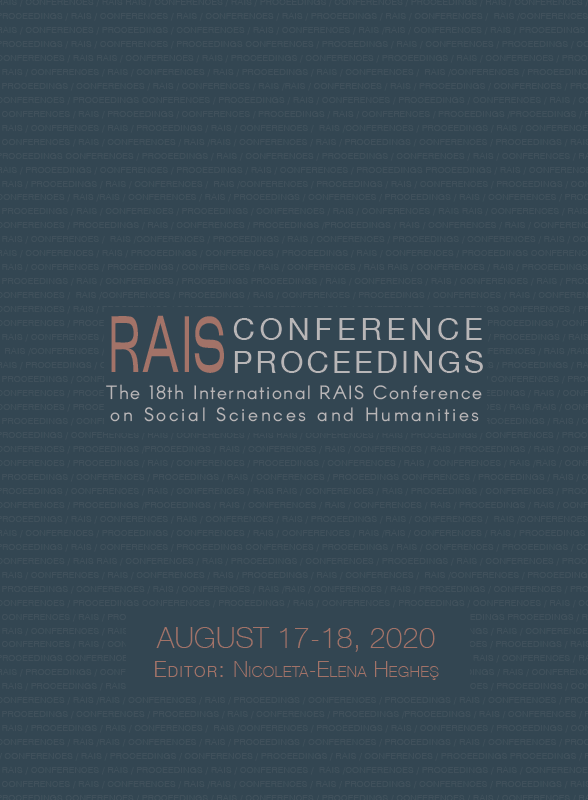Early Exposure to STEM and Self-Efficacy: Determinant Drivers to a Successful Engineering Career
Early Exposure to STEM and Self-Efficacy: Determinant Drivers to a Successful Engineering Career
Author(s): Tyene Houston
Subject(s): Gender Studies, Human Resources in Economy
Published by: Scientia Moralitas Research Institute
Keywords: Engineer; STEM; 21st-century learning;
Summary/Abstract: There is a global consensus that a shortage in the percentage of women who pursue college majors or careers in science, technology, engineering, and mathematics (STEM) persists. Scientists, economists, and industry leaders believe lower percentages of women participating in STEM fields can deteriorate the ability for the U.S. to compete globally. To increase the representation of women in STEM fields, K-12 math and science teachers, career advisors, and college recruiters are critical. The focus of this research examines the findings of a study that explored professional challenges faced and strategies employed by female engineer executives. At the time of the study, a descriptive qualitative methodology using a phenomenological lens was used. Purposive sampling with criteria for inclusion, exclusion, and maximum variation was applied. Eleven female executives between the ages of 44 to 66 who held a minimum bachelor’s degree in engineering (one executive was a geologist), built careers in the oil and gas industry, and held a position of vice-president or higher were interviewed. Strict protocols were used in sample selections, the development of interview questions, and coding of the data.
Book: Proceedings of the 18th International RAIS Conference on Social Sciences and Humanities
- Page Range: 32-40
- Page Count: 9
- Publication Year: 2020
- Language: English
- Content File-PDF

